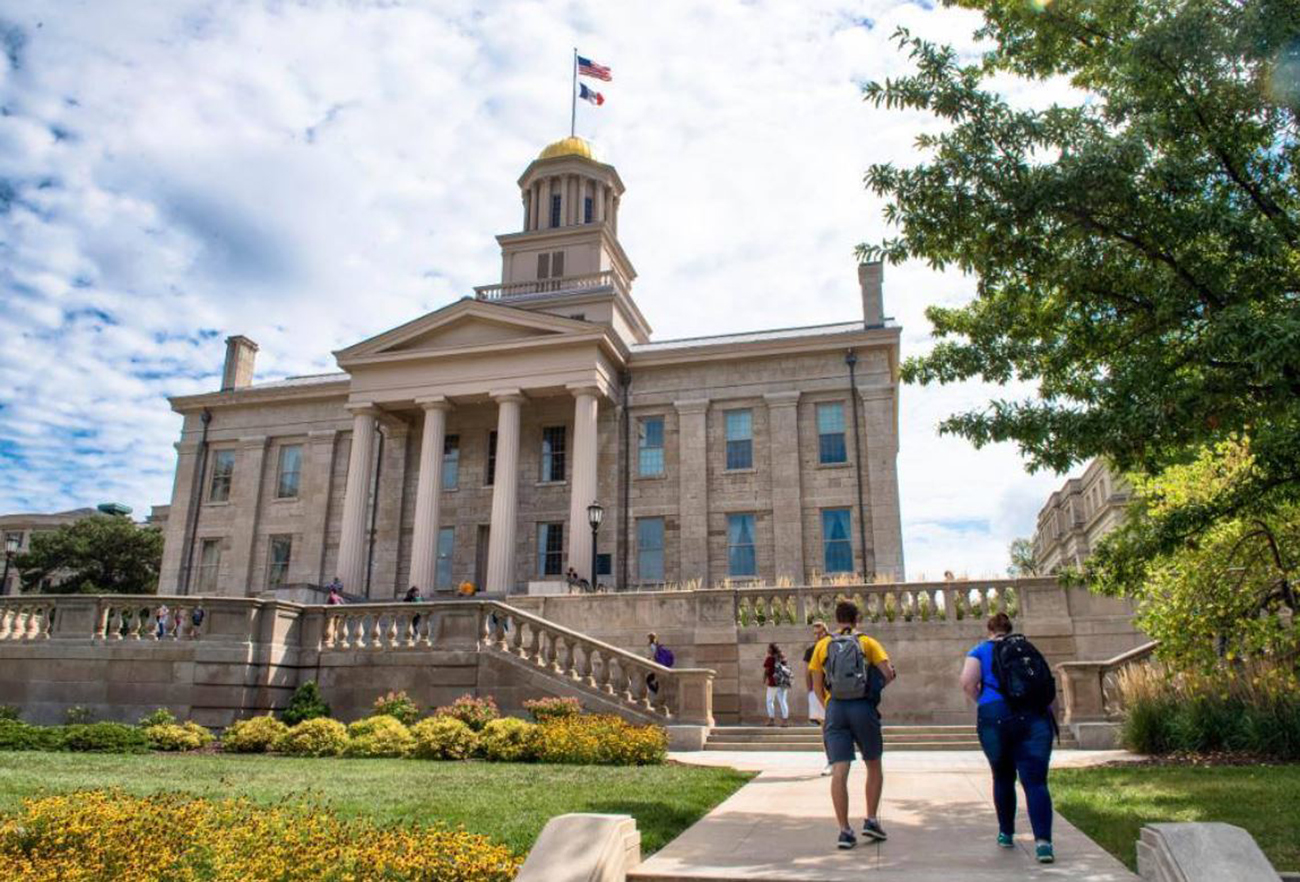
IOWA CITY, Iowa (BP) — For the second time in less than a year, a Christian student group has sued the University of Iowa to protect its right to select leaders who hold traditional Christian beliefs.

In December 2017, the student organization Business Leaders in Christ (BLinC) filed a similar lawsuit against the university after it was kicked off campus for requiring leaders to hold biblical beliefs about human sexuality. A federal judge ruled in January that the university must temporarily restore BLinC’s registered status while the case is pending.
InterVarsity Graduate was one of 38 student groups deregistered in July for allegedly failing to comply with the university’s human rights policy, according to The Gazette of Cedar Rapids, Iowa. Twenty-two of those groups “are organized around religion, culture or ideology,” The Gazette reported, including Christian, Muslim, Mormon and Sikh groups.
The university’s human rights policy states, according to the lawsuit, “In no aspect of [the university’s] program shall there be differences in the treatment of persons because of race, creed, color, religion, national origin, age, sex, pregnancy, disability, genetic information, status as a U.S. veteran, service in the U.S. military, sexual orientation, gender identity, associational preferences, or any other classification that deprives the person of consideration as an individual.”
InterVarsity Graduate student president Katrina Schrock said, “We’re grateful to have been part of the university community for 25 years, and we think that the university has been a richer place for having Sikh, Muslim, Mormon, Catholic, Jewish, atheist and Christian groups. Because we love our school, we hope it reconsiders and lets religious groups continue to authentically reflect their religious roots,” according to a Becket news release.
Iowa City’s Press-Citizen reported the university set out in January and February to enforce its human rights policy and reviewed the constitutions of 513 student organizations. The 356 groups that did not include a “full and correct” statement of the university’s human rights policy in their constitutions were given deadlines to remedy the perceived problem — June 15 for most types of organizations and Sept. 4 for sororities and fraternities.
Though InterVarsity Graduate placed the university-required nondiscrimination language in its constitution, its leadership requirements still landed the group among the 38 deregistered.
One argument in InterVarsity Graduate’s lawsuit is that the university allows other student groups to discriminate based on gender and personal beliefs while not extending the same prerogative to religious groups. That type of discrimination violates the U.S. and Iowa Constitutions, the complaint claims.
“The university (rightly) allows fraternities to have only male leaders and members, and female athletic clubs to have only female leaders and members,” the complaint states. “Republicans and Democrats can each choose to be led by those who share their political beliefs. Yet while it makes broad exceptions for political groups, fraternities, sororities, and sports clubs to select both their leadership and membership, it denies a narrower accommodation for religious groups to select their leaders.”
The complaint also notes two other InterVarsity chapters at the University of Iowa — Black Campus Ministries and International Neighbors — were not deregistered even though they hold the same leadership requirements as InterVarsity Graduate.
Becket senior counsel Daniel Blomberg said in the news release, “If public universities really want to foster an intellectually diverse environment, this isn’t how to do it. Universities should allow students the space to form their own groups that challenge and grow their sincere beliefs. Banning religious groups from having religious leaders just flattens diversity and impoverishes the campus.”
A university spokesperson told BP “the university will not comment on the merits of the case per its policy on pending litigation.”















